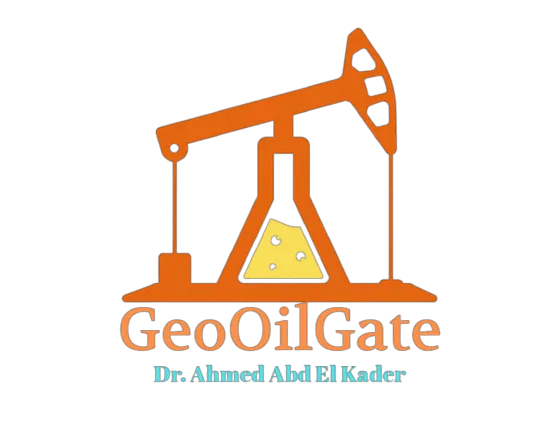Menu
Menu
Basic Geology
General

In its broadest sense, geology is the study of earth — its interior and its exterior surface, the rocks and other materials that are around us, the processes that have resulted in the formation of those materials, the water that flows over the surface and lies underground, the changes that have taken place over the vastness of geological time, and the changes that we can anticipate will take place in the near future. Geology is a science, meaning that we use deductive reasoning and scientific methods to understand geological problems.
Physical Geology

Physical geology is the branch of geology that deals with geologic events and materials occurring at the present time, or in the very near past. This is in contrast to historical geology, which involves studying the fossil record and rock record for evidence of past geologic processes, materials, and life forms. Physical geologists study current processes, like volcanoes, earthquakes, erosion, weathering, and glaciers. They use their understanding of historical geological processes to understand what might be causing current geologic processes to take place, as well as utilizing new technologies and techniques.
geomorphology

Geomorphology is the science of landforms, with an emphasis on their origin, evolution, form, and distribution across the physical landscape. Understanding geomorphology is therefore essential to understanding one of the most popular divisions of geography.
Marine Geology

Marine geologists are subset of geologists that study the history, and the processes, of the ocean floor – the land mass that sites beneath the ocean bodies of the world.
Environmental Geology

Environmental Geology is the study of the interactions between humans and their geologic environment: rocks, water, air, soil, life. Humans are impacted by Earth processes, and by their activities have an impact on Earth.
Engineering Geology

Engineering Geology is the application of geosciences to engineering studies. It deals with the fields of earth science and engineering, particularly geotechnical and geological engineering.
Structural Geology

Structural Geology is a subdiscipline of geology that studies how rocks deform in response to the stresses that act within the earth. Rocks and their forming minerals accommodate the stresses acting upon them and keep a record thereof by developing at times truly spectacular geological structures, such as fractures, faults or folds.
Plate Tectonic

Plate Tectonics dealing with the dynamics of earth’s outer shell that revolutionized earth sciences by providing a uniform context for understanding mountain-building processes, volcanoes, and earthquakes as well as the evolution of earth’s surface and reconstructing its past continents and oceans.
Mineralogy & Petrology

Mineralogy, scientific discipline that is concerned with all aspects of minerals, including their physical properties, chemical composition, internal crystal structure, and occurrence and distribution in nature and their origins in terms of the physicochemical conditions of formation.
Petrology is a field of geology that focuses on the study of rocks and the conditions by which they form. there are three branches of petrology corresponding to the three types of rocks: igneous, metamorphic, and sedimentary. the word lithology once was approximately synonymous with petrography, but today lithology is essentially a subdivision of petrology focusing on macroscopic hand-sample oroutcrop-scale descriptions of rocks.
Crystallography

Crystallography, branch of science that deals with discerning the arrangement and bonding of atoms in crystalline solids and with the geometric structure of crystal lattices. Classically, the optical properties of crystals were of value in mineralogy and chemistry for the identification of substances. Modern crystallography is largely based on the analysis of the diffraction of x-rays by crystals acting as optical gratings. Using x-ray crystallography, chemists are able to determine the internal structures and bonding arrangements of minerals and molecules, including the structures of large complex molecules, such as proteins and DNA.
planetrary geology

Planetary geology is a branch of geology devoted to the study of structure, composition, processes, and origin of major and minor planetary bodies traditionally inside and now, in the twenty-first century, outside the solar system, and to the effects of interaction between planetary bodies within the solar system. Planetary geology interfaces with many other fields including mathematics, astronomy, biology, chemistry, and physics.
Geography

Geography is the study of places and the relationships between people and their environments. Geographers explore both the physical properties of Earth’s surface and the human societies spread across it. …
Geography seeks to understand where things are found, why they are there, and how they develop and change over time.
